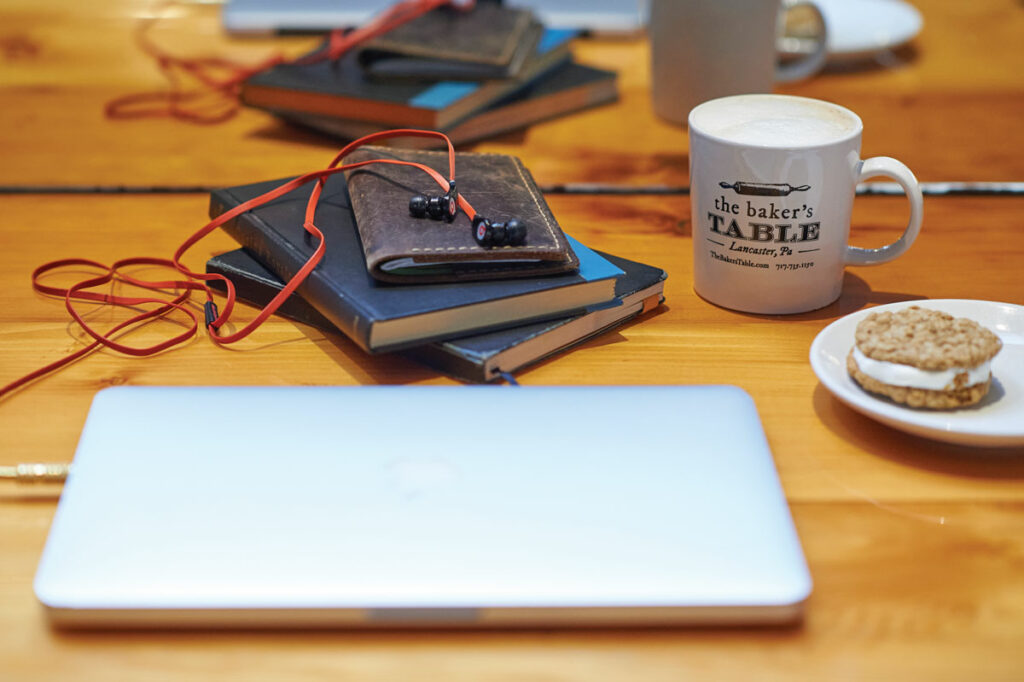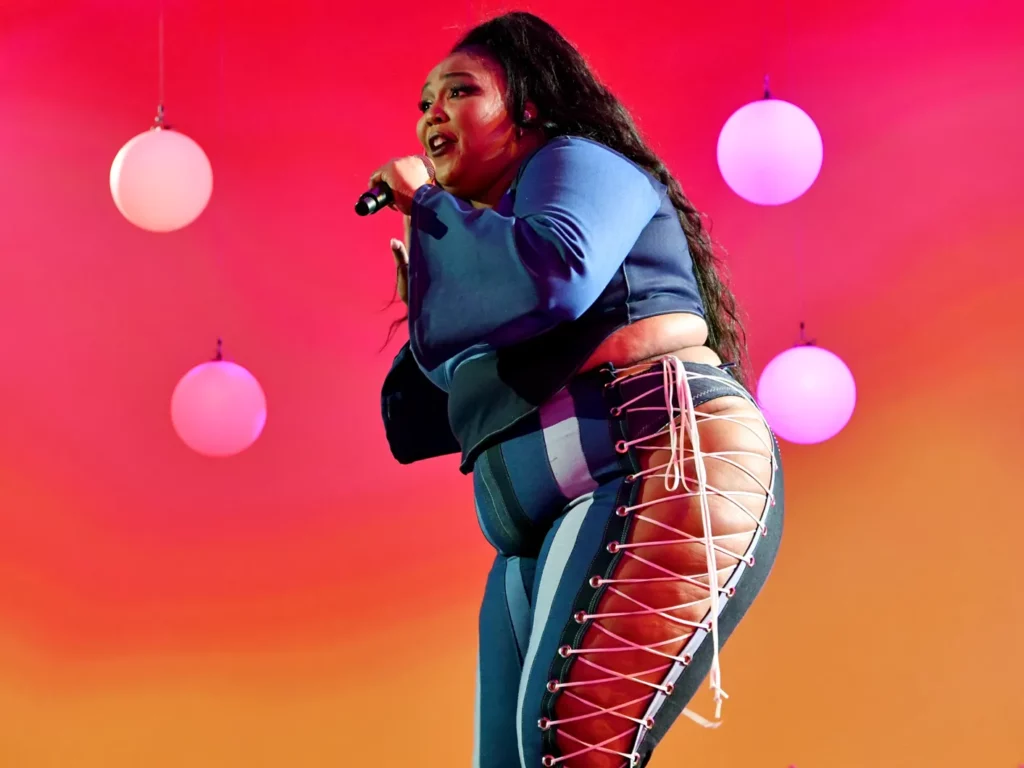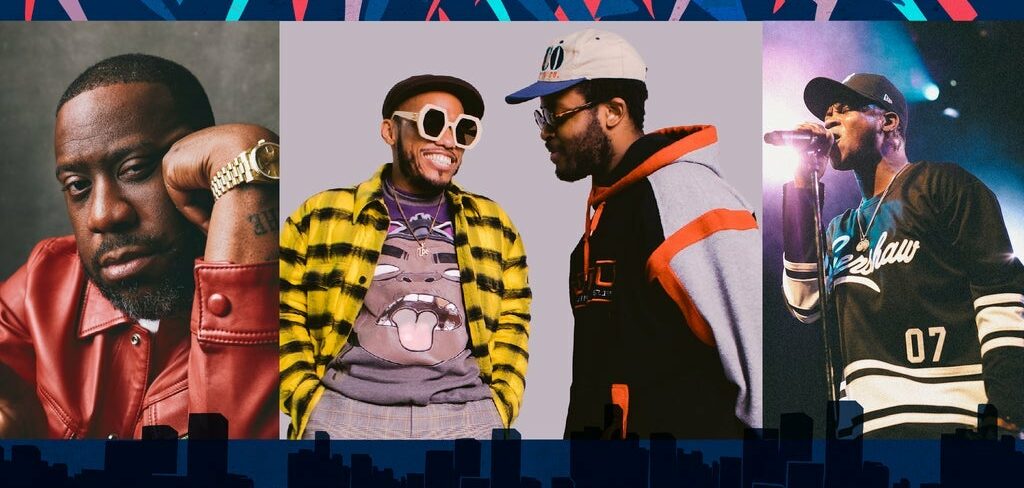For the last seven years, I have arduously marched toward a bachelor’s degree, after restarting study in 2017, slowing in 2019, and finding new drive during the pandemic. One of my heroes looked at me through a YouTube window and said: “If you don’t like where your life is—FIX IT! Work sixty hours a week, minimum, and do things to enhance your resume.” Now approaching fifty-nine years old, I’m only three classes away. It can be said that I, once a valedictorian, should have accomplished this forty years ago, but life had other things to teach me first.
It is said that the difference between a high school graduate and college graduate is more than a million dollars income over a lifetime, or a degree holder making eighty percent more than a HS grad (APLU 2024). So, I’d say I am seven figures short of where I should be, but I did get myself moving again. Maybe I’ll get that million with interest.
So, remaining earnest in my study, for the entirety of this journey—that’s what they call it nowadays, “my journey”—I have carried my laptop everywhere, doing homework at any free moment. I have run through and exhausted a few laptops that have all taken a beating, each has been dropped, drizzled with tea and coffee and crumbs and grease, some with cracked screens from abuse, and one that was so broken it only had one working hinge and had to be propped up during use.
I wrote collegiate level papers on the Long Island Railroad, on flights across the country, in libraries in high crime neighborhoods, in bleachers at children’s practices. At times, I connected to networks I would rather have not. I edited a briefing paper on a smartphone, and submitted assignments at three am from the back of a bus in a dark parking lot. I took a physics exam in a Jericho turnpike Starbucks and wrote yet another paper after my turn driving on an eight-hour road trip.
In public spaces, I put on headphones to block outside noise, the noise of rude hip hop from phones on speaker mode, loud conversations, and vulgar mouths. My headphones kept out engine noise, subway squealing, robotic customer service announcements, and attempts to distract me with inane conversations. Those same headphones kept my thoughts centered and my mental processes on track. Many times, there was no music in the headphones; the rubber and Teflon pads and baffles were just the gatekeepers distinguishing what my mind needed and what needed to be refused and I was listening to myself think.
The last few months have become tougher to find solace, to find the peace that facilitates academic pursuit. At work, the conversations in the breakroom became even louder than before, and the vulgarness of those conversations worsened, such that blocking out the noise was impossible. I went to a new coffee shop, or coffee lounge, complete with earthtone couches and table height counters to set a laptop and work. But the ambiance was inconsistent, the place’s soundtrack was club music and party music, not easy listening or jazz, and ost times louder than it should be in a coffee shop for the mature.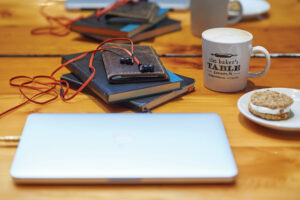
I tried the local library, and it was quiet—at last a place to work in peace! I put on my headphones and got to work, only to notice the library’s staff all concentrating their gaze in the same direction. A woman, obviously homeless and also obviously disturbed, every two minutes circuited the space, erratically walking around several tables including mine.

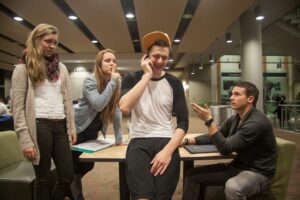 One of the tables was occupied by a lone man rocking back and forth at a high rate of speed, laughing hysterically at something on his cellphone screen. After a few minutes it was clear he had some sort of mental retardation and had been dumped at the library. Rocking man and erratic woman made the environment uncomfortable, and soon I left.
One of the tables was occupied by a lone man rocking back and forth at a high rate of speed, laughing hysterically at something on his cellphone screen. After a few minutes it was clear he had some sort of mental retardation and had been dumped at the library. Rocking man and erratic woman made the environment uncomfortable, and soon I left.
The next day, during my lunch break, I walked to a local park. Not too bad, it wasn’t loud, but there were a group of people in one corner smoking (not cigarettes), and a large group of teenagers engaged in horseplay. I tolerated those behaviors; it is a public park, that’s where teens are SUPPOSED to horseplay, and though not a fan of the stench from the new stuff they’re smoking these days, at least it was in a corner of the park away from everyone else. I was hopeful of quiet and given how some other parks in Brooklyn can be drug havens and outdoor brawling venues, this was almost okay, but not fully.
So, in search of peace, I found none. Then it struck me; if I could not locate a place of serenity, and in some cases environments that were intimidating, how do children see this? I wrote an autobiography detailing the explosiveness of project life, but I at least had safety in my parents’ apartment. What of children whose homes are not safe from the chaos outside? Where do they go besides home? No peace for them?
No peace for children?
When I was young, there was a library I frequented, Morrisania library in the Bronx. Inside, speech was kept to a minimum, and then only in hushed tones. It was one of my favorite places, I probably read every science fiction and war book in the building, and sometimes sat in there for an hour before coming home (causing my mother great worry). But there were pockets of peace in my otherwise threatened community.
How is a child supposed to explore interests and develop superior thought processes in a community that has no regard for him? Every situation I described in my quest for a quiet space to study was in areas completely populated by American and Caribbean Blacks. A child at a table in a home apartment close to the ground floor is subjected to the vile, the smoke and stench of skunk weed and other drugs, and the blaring of vulgar hip hop music from cars passing by and even broke thugs on cheap scooters with Bluetooth speakers strapped to the rear.
If that child stops at the library to research or engage in recreational reading, chaos awaits there. One library I entered in Brooklyn was patrolled by loud packs of older teens who went unchallenged. A security guard asked them to leave, and he was surrounded by these aggressive thugs, and it required police intervention to get them out. Any teenager who was mature enough to find their way into the coffee shop to get a serene environment there would first have to drown out the Caribbean dancehall playlist, which gets extra volume.
If a young person exists in this culture, they have been numbed to stimuli that should warn them of danger. That young person is also normalized to being inconsiderate, disrespectful, and destructive because the Black community has shown them that. Our whole culture is now built around lasciviousness, unpredictable violence, and complete disregard for others around us, yet we will complain about youth behavior. Almost every co-worker I have has exhibited the very behavior they complain about, and somehow separate themselves from the effect they have on the young minds watching them.
We must make our spaces more civil; less volatile. More intellectually open; less uncultured. As a people, we have built a culture of short-term self-interest and disregard for our social environment. The social noise we produce as a people is stressful and maddening. We have set the stage for development of rampaging thugs, not the captains of industry and science we need, and we now dare to look to other groups outside of the world of blackness to save our young from our own bad habits.
I gave up. I moved to the quiet suburbs, and after the stress inducing social climate in the city, my home is my refuge. No police sirens, no cars with ‘boomin’ systems’, no people on cell phones cursing someone out, the local Starbucks plays gentle music at a low volume. Except for when the local middle school dismisses, the library is overall quiet. The parks are serene. So called ‘Black spaces’ need this. There will not be mass upliftment of the people without peace for the children. Imagine how many more Dr. Tysons or Condolezza Rices or Thomas Sowells or Ben Carsons the Black community could produce if young people were not being hamstrung by their own people.
The Association of Public and Land-grant Universities. How does a college degree improve graduates’ employment and earnings potential? APLU. (2024a, May 3). https://www.aplu.org/our-work/4-policy-and-advocacy/publicuvalues/employment-earnings/

